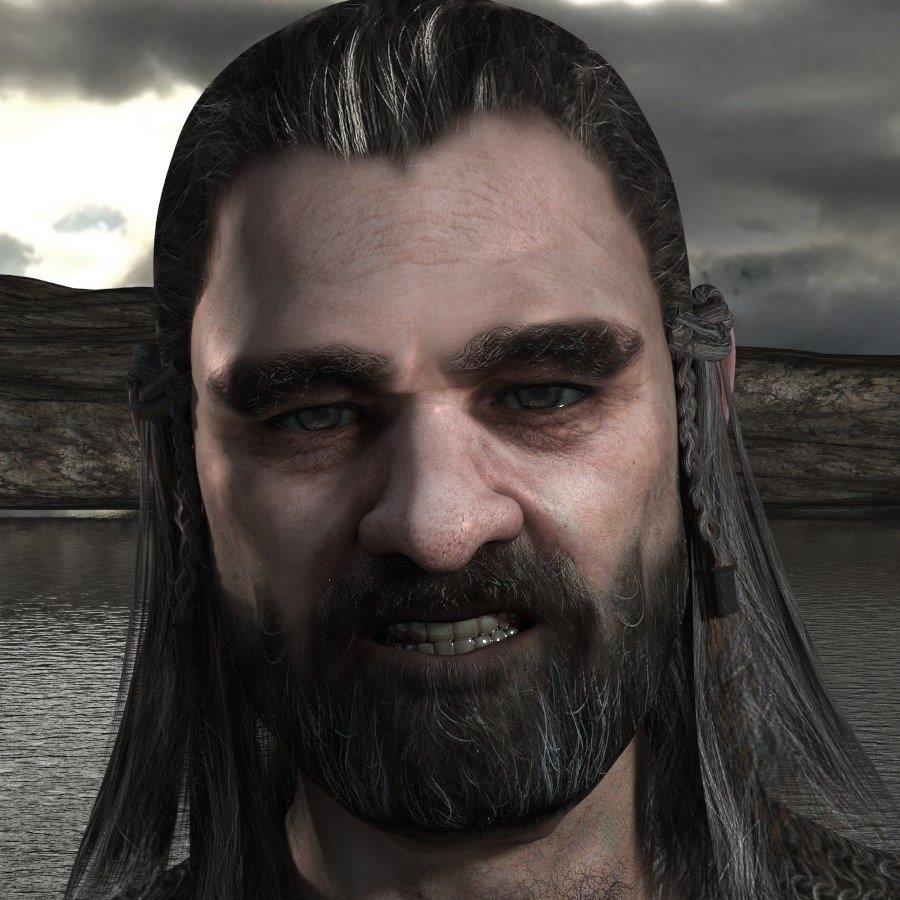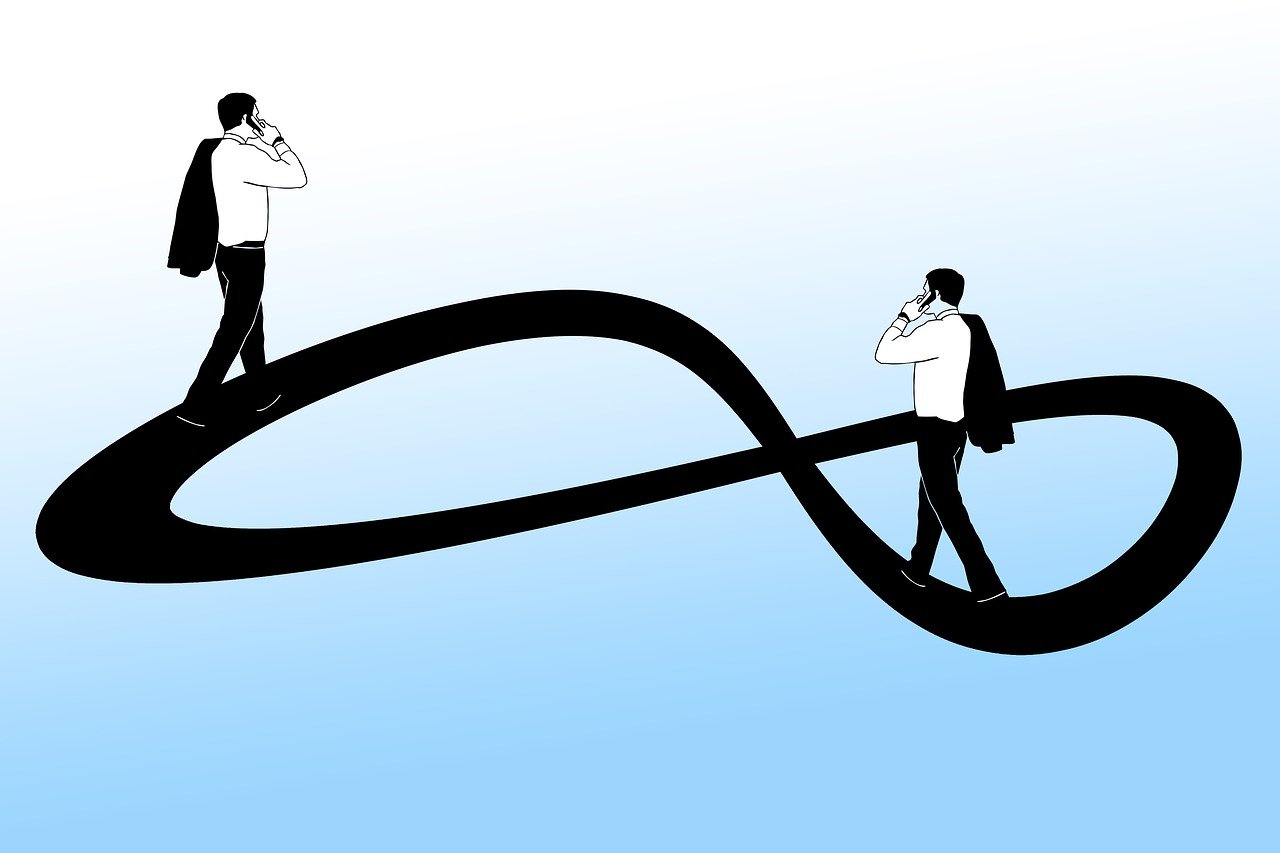1. The Grandfather Paradox
- Explanation: This is one of the most famous time travel paradoxes. It occurs when a time traveler goes back in time and kills their own grandfather before the traveler's parent is conceived. This action would prevent the time traveler from ever being born, which in turn would mean they couldn't have traveled back in time to kill their grandfather. The paradox lies in the contradictory nature of the event: the time traveler both exists and does not exist simultaneously.
- Implication: This paradox challenges the consistency of cause and effect, suggesting that time travel to the past might be impossible or would require some form of resolution to avoid such contradictions.
2. The Predestination Paradox (Causal Loop)
- Explanation: In a predestination paradox, a time traveler is caught in a loop where their actions in the past are the cause of the events they experience in the future, which then prompt them to travel back in time in the first place. For example, a time traveler might go back to prevent a disaster but inadvertently causes the very event they were trying to stop. The loop creates a situation where the cause and effect are indistinguishable, with the event having no clear beginning.
- Implication: This paradox suggests that the past, present, and future are fixed and that any attempt to change events would only reinforce them, making time travel less about changing the past and more about fulfilling it.
3. The Bootstrap Paradox
- Explanation: The bootstrap paradox occurs when an object, information, or person is brought back in time and becomes the cause of its own existence in the first place. For example, a time traveler might go back in time and give a famous scientist a piece of technology or information that the scientist later uses to invent that very technology. The paradox is that the technology or information has no clear origin, as it exists in a self-sustaining loop.
- Implication: This paradox raises questions about the nature of creation and existence, suggesting that some objects or information might exist without ever being truly "created" in a linear sense.
4. The Ontological Paradox
- Explanation: Similar to the bootstrap paradox, the ontological paradox involves the existence of an object or person without a clear point of origin. A classic example involves a time traveler who goes back in time and becomes their own ancestor. This creates a situation where the time traveler’s existence is self-caused, with no external origin.
- Implication: This paradox challenges the idea of linear causality and raises philosophical questions about identity, existence, and the nature of time.
5. The Newcomb's Paradox (Free Will vs. Determinism)
- Explanation: In scenarios involving time travel, Newcomb's paradox explores the conflict between free will and determinism. If a time traveler knows the future, can they change it, or is everything predetermined? For example, if a time traveler knows they will be involved in an accident, can they avoid it, or will their attempts to change the future only lead to the predicted outcome?
- Implication: This paradox questions whether actions are truly free or if they are bound by the constraints of a predetermined timeline.
Conclusion:
Time travel paradoxes highlight the logical and philosophical challenges that arise when considering the possibility of traveling through time. They often involve contradictions between cause and effect, the origin of objects or information, and the nature of free will. These paradoxes serve as thought experiments that explore the limits of our understanding of time, causality, and existence.


